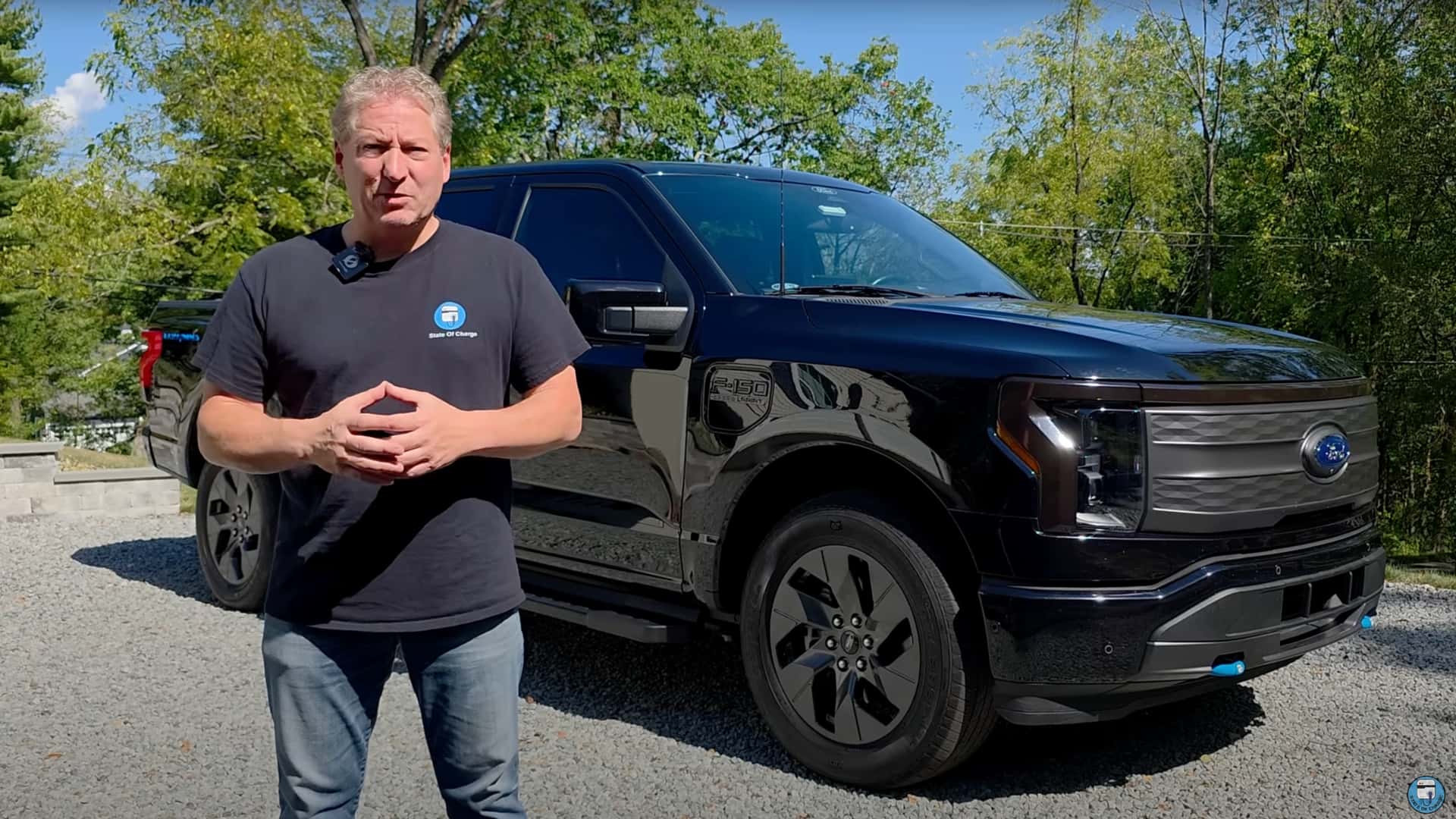
"One thing you probably shouldn't worry about? Battery degradation. Studies show that modern EV batteries can last a helluva long time without meaningful deterioration. And an increasing number of owner experiences back that up. But not all owners are Tom Moloughney, our good friend, OG EV expert and host of the State of Charge YouTube channel. Tom put his 2022 Ford F-150 Lightning through the ringer when he first got it just over three years ago."
"Charging tests show that the Lightning's battery capacity is unchanged as well. When he first got the Lightning, it took a little over 136 kWh to fill it up from flat to full. In Tom's most recent test, it took a little over 135 kWh. Considering that charging losses and weather can impact that stat, once again we can say that the results are practically identical."
"The results should provide some relief to EV buyers suffering from battery-longevity panic. From a battery and range perspective, Tom's F-150 is indistinguishable from the day he took it home. But I'll run down the basic facts and figures. In an early 70-mph range test, Tom's F-150 Lightning with the Extended Range battery went 270.3 miles. Three years later, on the same route, it went farther: 286.7 miles. Tom chalks up the gains to worn tires and warmer weather."
An Extended Range Ford F-150 Lightning showed virtually no battery capacity loss after 38,000 miles. A 70-mph range test initially recorded 270.3 miles and later 286.7 miles on the same route, with gains attributed to worn tires and warmer weather. Flat-to-full charging used just over 136 kWh initially and about 135 kWh three years later, within measurement variability from charging losses and weather. Some capacity loss is expected over time, similar to phones or laptops, but the truck's usable range and charging behavior remained effectively unchanged. Manufacturer battery buffers further protect usable capacity over time.
Read at InsideEVs
Unable to calculate read time
Collection
[
|
...
]